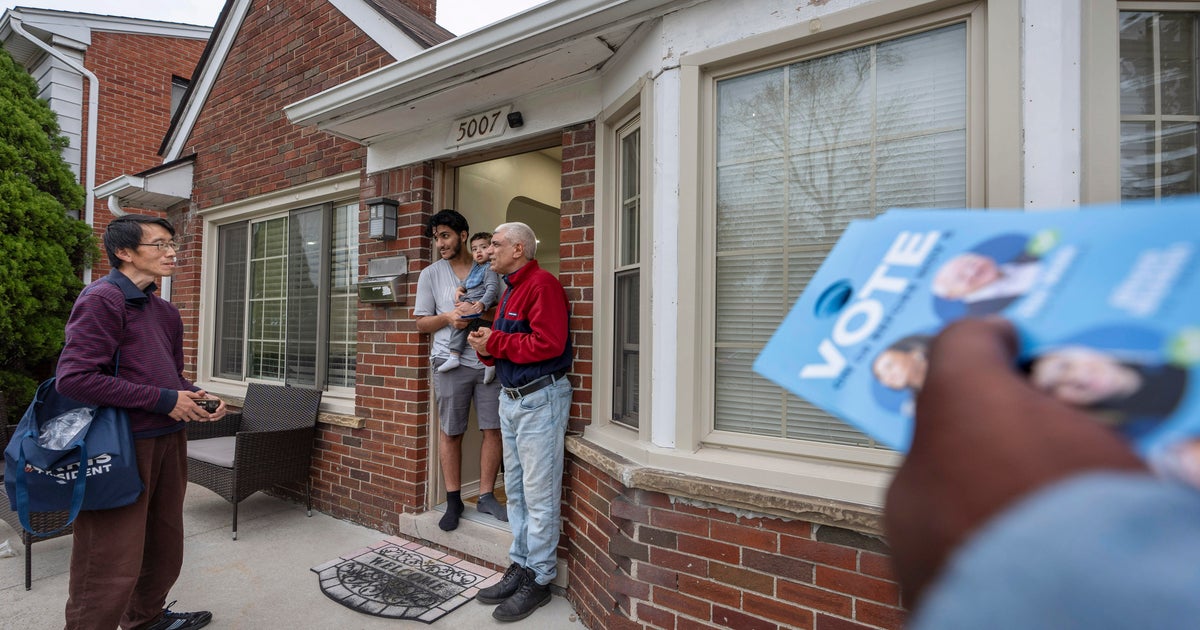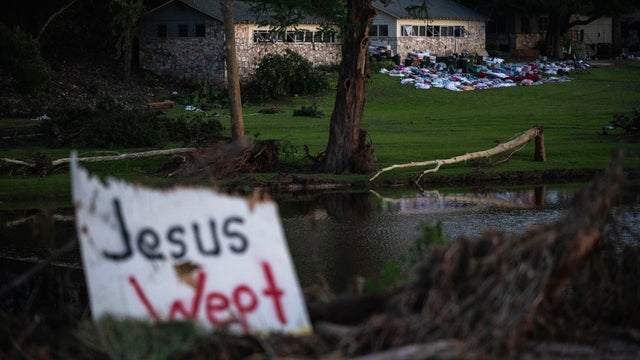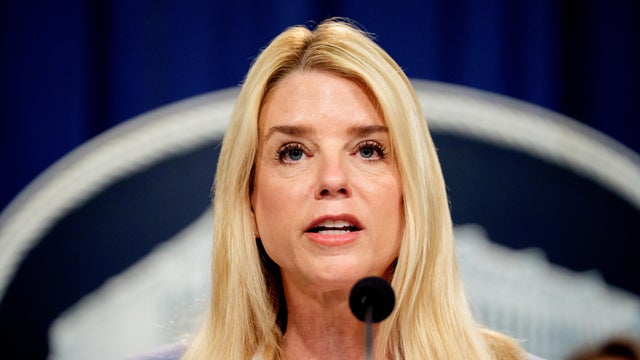

To bolster their chances in the upcoming election cycle, Democrats are launching a nationwide "Organizing Summer" initiative. This concentrated effort aims to energize the party base, register new voters, and lay the groundwork for successful fall campaigns. The summer push will focus on several key strategies: Grassroots mobilization: The party is relying heavily on volunteer recruitment and training. This involves equipping volunteers with the tools and resources necessary to knock on doors, make phone calls, and engage in digital outreach. The goal is to build a robust network of activists capable of reaching voters directly and personally. Voter registration drives: A significant component of "Organizing Summer" will be targeted voter registration efforts, particularly focusing on young people, minority communities, and other demographic groups traditionally underrepresented in the electorate. The party is leveraging online platforms and community events to streamline the registration process and make it more accessible. Targeted messaging: Democrats are developing tailored messaging to resonate with specific voter segments. This includes addressing key concerns like the economy, healthcare, climate change, and social justice issues, while highlighting the party's proposed solutions. The emphasis will be on clear, concise communication that counters Republican narratives. Data-driven strategies: The party is utilizing sophisticated data analysis to identify potential voters and tailor outreach efforts accordingly. This allows for efficient resource allocation and ensures that limited campaign resources are used effectively. Coordinated efforts: "Organizing Summer" is not just a national initiative; it involves coordinated efforts at the state and local levels. This ensures that resources are deployed strategically and that local concerns are integrated into the broader campaign strategy. While the success of "Organizing Summer" remains to be seen, it represents a significant commitment by the Democratic Party to build a strong foundation for the upcoming elections. The initiative's effectiveness will depend on factors such as volunteer participation, the party's ability to adapt to changing political dynamics, and the overall enthusiasm of the electorate. The coming months will provide a crucial test of the party's organizing capacity and its ability to effectively engage with voters.

An alliance of leading national Democratic groups is preparing a new effort this summer focused on driving voter engagement as the party tries to regain support following its defeats in 2024.
The plans, first obtained by TheNews, fall under the label of what these groups have dubbed "Organizing Summer." While this year has relatively few major statewide elections, such as gubernatorial races in New Jersey and Virginia, the 2026 midterms will be a crucial test for a party that is trying to respond to the lessons learned from Republicans' wins in last year's campaigns, including the presidential race. The groups behind the summer organizing effort include the Democratic National Committee, the Democrats' coalition of state parties as well as the campaign arms for House, Senate and gubernatorial contests.
The DNC alone intends to initially invest a six-figure dollar amount in the wide-ranging effort, with plans to scale to seven figures as the summer goes on.
"For too long, the DNC has been a D.C. institution, and we're trying to get the DNC out of DC and into the states through this program," a Democratic strategist familiar with the plans said.
The summer program is focused on voter engagement and registration, particularly with voters who wouldn't otherwise hear Democrats' messaging. The DNC has signed up 16,000 volunteers, twice as many as it typically has in an off-election year, according to a Democratic strategist familiar with the plans. As part of the summer effort, Democrats will urge volunteers to connect with voters in less politically dominated parts of life, with the outline of the plan pointing to community groups, book clubs and social media platforms as examples.
The plans include developing a "direct pathway to share feedback they receive from voters, and what they are seeing online, helping the party inform its messaging and strategy on an ongoing basis," according to upcoming details about the party's work shared by the strategist familiar with the program.
"We are deploying an army of thousands of volunteers to activate their communities, register voters, and make sure the Republicans who are putting billionaires ahead of working and middle class Americans lose their elections in 2025 and lose their seats in the midterms," DNC chairman Ken Martin said in a statement.
National Democrats are also keen on trying to build momentum after party infighting spilled out into the open during the early months of Martin's tenure leading the DNC.
An April announcement from activist David Hogg and his political organization, Leaders We Deserve, detailing plans to "start primarying out-of-touch, ineffective House Democrats in solid blue seats" caused a rift with Martin and other party leaders. This eventually led to Hogg losing his position as a DNC vice chair. Soon after that standoff ended, attention grew around , bringing about more questions about the direction of the party moving forward.
Many Democrats have been uneasy about the infighting, wanting to focus instead on trying to win elections in the coming months and years.
In an attempt to help do that, Democrats' summer initiative includes all the House Democrats' campaign arm is focusing on at this stage, U.S. Senate races in North Carolina and Maine and the gubernatorial races in Virginia and New Jersey, according to the Democratic strategist familiar with the plans.
Democrats are already attempting to use " making its way through Congress as a flashpoint in the midterms, and that work will also be a major point of the summer organizing program.
The GOP House version of the legislation, which narrowly passed the chamber, major parts of Mr. Trump's first term Tax Cuts and Jobs Act. Yet it also includes more politically volatile changes, such as enforcing Medicaid work requirements and changes to federal food assistance. Senate Republicans have been working to try and pass their own version of the bill as well. As the process plays out, national Republicans already appear to be centering a major part of the GOP's chances in the 2026 midterms on Mr. Trump's agenda legislation.
"The One Big Beautiful Bill Act includes common-sense policies supported by a majority of Americans," House GOP campaign arm chairman Richard Hudson on social media recently. "@HouseGOP Republicans are putting Americans first while Democrats defend the waste, fraud, abuse, and illegal aliens."
Last year's elections sent Republicans to Washington with unified control of the White House and both chambers of Congress, giving them clear paths to act on Mr. Trump's agenda. Democrats are facing a difficult map to try and reclaim the Senate in 2026, meaning that the left's best hopes at gaining power back in Washington are likely centered on winning back the House next year. Since Mr. Trump's second inauguration, Democratic governors have proven to be a major counter to his actions, meaning that either maintaining or winning governor's offices around the country is a critical goal for the party as well. Democratic California Gov. Gavin Newsom, for instance, sued Trump and others earlier this month over the of state National Guard members following immigration protests.
Whether efforts like the summer organizing will be enough to help the party move forward is likely to be closely watched among politicians and operatives looking to build campaigns not just for the 2026 midterms, but the 2028 presidential election cycle as well.
"Our job this summer is to make sure working families know exactly who is responsible for taking food off their table and ripping away their health care," Martin said in his statement.





